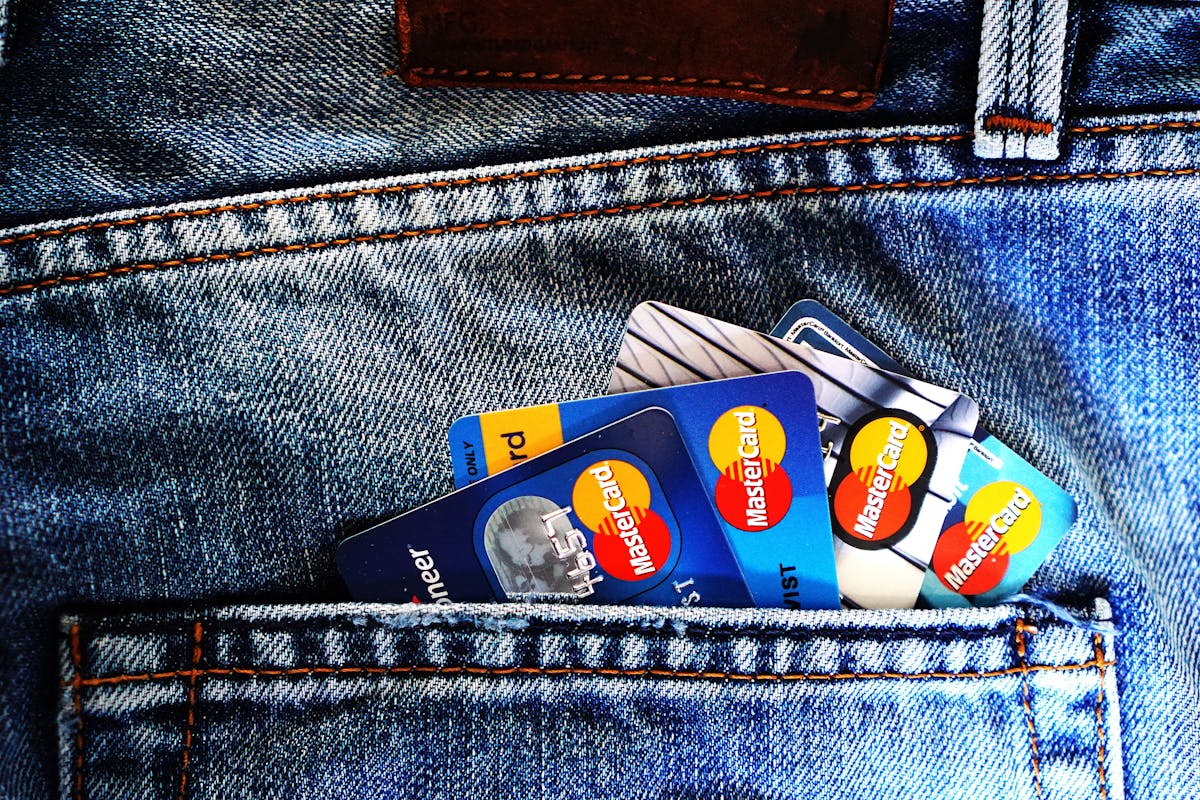Credit cards can be a helpful tool—until they aren’t. What starts as a manageable balance on one card can snowball into juggling multiple minimum payments, sky-high interest rates, and a growing sense of unease every time a due date approaches.
For many people trying to regain control of their finances, managing credit card payments feels like trying to plug a dozen holes in a leaky bucket with one hand. But with the right approach, it’s possible to slow the leaks, regain control, and finally consolidate your credit card debt for good.
Let’s break it down together. No jargon, no lectures—just practical help for real people.
Understanding Where You Stand
The first step in your debt consolidation journey is getting a clear picture of what you’re dealing with. It’s tempting to avoid looking at statements or checking balances (especially when they come with a healthy dose of anxiety) but knowledge is power here.
Make a simple list of:
- Each credit card and its balance
- Interest rate (APR) for each card
- Minimum monthly payment
- Due date
This step alone might feel heavy, especially if you haven’t looked in a while. That’s normal. But once it’s all in front of you, you’ve taken the first real step toward taking back control.
Set Up a System That Fits You
Now that you’ve got the numbers, let’s talk strategy. There’s no one-size-fits-all approach to managing credit card payments, but there are two time-tested methods worth considering:
1. The Avalanche Method
This one’s all about logic. You focus on paying off the card with the highest interest rate first while making minimum payments on the others.
Once that card’s gone, you move on to the next highest. It saves you the most money in the long run, but it might take a while to feel that “win,” especially if your highest-interest card also has a big balance.
2. The Snowball Method
This one’s more emotional than mathematical. You start by paying off the card with the smallest balance, regardless of the interest rate. Why? Because knocking out a full balance—no matter how small—can feel amazing.
That momentum can be powerful. If you’re someone who needs those quick wins to stay motivated, this might be the path for you.
Whichever method you choose, the goal is the same: create momentum, reduce stress, and stop interest from doing more damage than it already has.
Automate, Simplify, and Don’t Be Afraid to Ask for Help
Missed payments? They happen. But they also cost you: late fees, credit score damage, and extra interest. The fix? Automation.
Set up automatic minimum payments on all your cards. That way, even if life gets chaotic, you won’t fall behind. If you can’t afford to do that yet, consider at least setting up reminders on your phone or calendar. Consistency is key here.
And while we’re at it, simplify where you can. Sometimes, it’s worth calling your credit card issuer to ask for a lower APR. Yes, really. It’s not a guarantee, but if you’ve been a customer in good standing, they might be willing to cut you a break, especially if you mention you’re struggling to keep up and are looking at options.
You can also explore consolidating balances to reduce the mental load. Transferring balances to a card with a lower interest rate (ideally one with a 0% introductory APR) can help if you’re disciplined about paying it down. Just make sure you read the fine print—those low rates often expire, and the fees can sneak up on you.
Mindset Matters More Than You Think
When people talk about debt, it’s usually in numbers. But managing debt isn’t just a numbers game—it’s deeply emotional. Chronic debt can contribute to depression and other mental health struggles. There’s guilt, shame, fear, and even resentment wrapped up in those monthly statements.
And here’s the truth nobody tells you enough: it’s not a moral failure to be in debt. Life throws curveballs. Unexpected medical bills, job loss, supporting family, or just plain financial inexperience—none of that makes you less capable or less worthy.
What matters most is the decision to act. To face the debt. To find support. To believe that your situation can improve, even if it’s slow.
As you work through managing credit card payments, remember this: consistency beats perfection. It’s okay if you can’t make big payments right away. It’s okay if you slip. Just keep going.
You Don’t Have to Do This Alone
Debt can be isolating. It makes people feel like they have to keep it a secret as if it says something about their character. But that’s a lie we tell ourselves to stay stuck.
The good news? There are ways out of debt, and faster than you might think. There are people, organizations, and systems designed to help, without judgment. Whether it’s a financial coach, a trusted friend, or a structured recovery program, leaning on support isn’t a weakness. It’s wisdom.
Let’s Make Managing Credit Card Payments Easy & Stress-Free
If you’re feeling buried and unsure where to start, know that help is just around the corner.
At Encompass Recovery Group, we know how overwhelming debt can be—especially when it’s tangled up with emotional stress, past financial trauma, or cycles of avoidance.
We work with people just like you every day, guiding them through the process of managing credit card payments and reclaiming a sense of control.
It’s not just about the numbers—it’s about helping you build a life where money isn’t a constant source of stress.
Whether you’re already a customer or just starting to explore your options, we’re here to make things easy. Reach out to support anytime or request a free, no-pressure quote – whatever suits you best!

